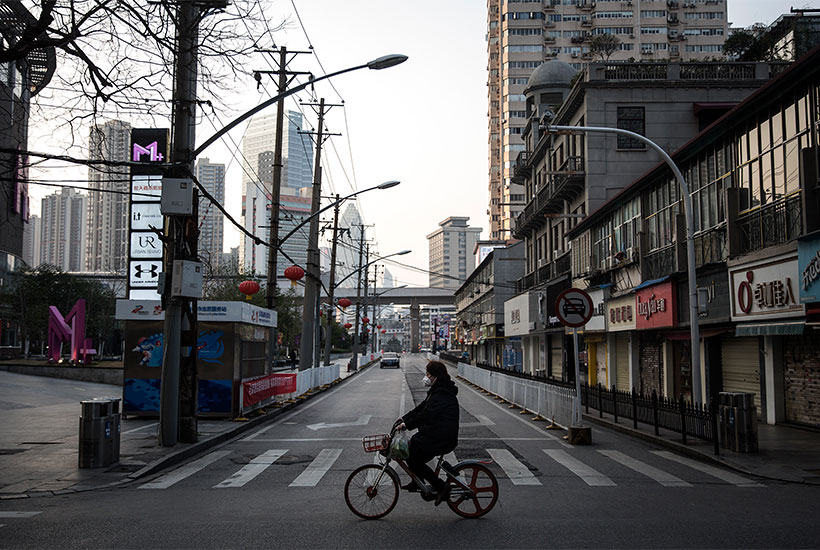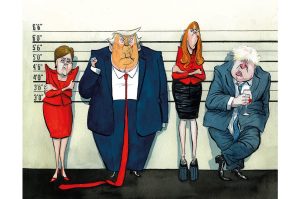Monday night’s House of Commons rebellion over Huawei was on a surprisingly serious scale for a new government with a big mandate. The problem for the UK government is not just the actual danger of our security being breached by Huawei, real though that is. It is also strategic. The government is not treating the subject this way, but sees it as merely a matter for the Department for Digital, Culture, Media and Sport. This is a bad mistake. We have achieved Brexit. We are making our own way in the world. Our closest allies in terms of trust, language, cultural links, democratic values and shared interests are our four partner nations in the ‘Five Eyes’ deep intelligence partnership — the United States, Canada, Australia and New Zealand. Yet we are refusing this logic, weakening trust with these allies, and making ourselves dependent on a country, China, which is not far short of being our enemy and which pays significant numbers of our elites to advance aims which, though commercial, are inseparable from its politics. Obviously the arrival of the coronavirus is a complete coincidence, but it is a metaphor for the vulnerability of our position.
There cannot be many positive aspects to the coronavirus outbreak, but I wonder if it carries one for stock markets. We had been told repeatedly, before all this, that the markets badly needed a ‘correction’ after their uniquely long bull run. If they were now sliding because of a banking or commercial event, confidence might collapse. If, however, they are falling because of a disease, will it also mean that confidence will recover more quickly once the disease is contained?
At the end of last week, the leader of the Chinese Communist party in the affected city of Wuhan announced at a press conference that Chinese people should ‘learn to say “thank you” to the party’. I gather from Chinese sources that this gentleman’s demand immediately produced universal ridicule on his country’s social media. People complained that they had lost relatives unnecessarily, that other diseases (including, for example, urgent breast cancer) had not been treated, and that key information had been withheld in the crucial early weeks when the virus was spreading. These complaints came not only from Wuhan, but from everywhere. Because of the nature of the disease, there are no protests in the street. This makes the internet an even more important forum than usual for people expressing their disgust. So great was the chorus of execration that the authorities deleted the Wuhan leader’s words online.
A particular theme of discontent is ‘13 days’. This was the time in January between when, according to Chinese official media, President Xi Jinping first became aware of the nature of the virus, and when, on January 20, the fact of human-to-human transmission of the virus was publicly admitted. What did he do — or fail to do — in between? If he had admitted that he had done very little, my sources suggest that the situation would have been like the latter days of the Soviet Union, when people simply gave up believing what the authorities told them. It is otherwise in neighboring Taiwan which, at the time of writing, has had a mere 48 cases, although only 81 miles from China and taking in 2.71 million visits from China last year. The WHO first announced the Wuhan outbreak of pneumonia on December 31. By January, 5 thanks to its Big Data analytics, Taiwan was able to identify on entry all those who had traveled to Wuhan in the previous 14 days and had a fever. It then screened them for 26 viruses, and quarantined them where necessary. It has a pre-existing National Health Command Center and a Central Epidemic Command Center. Thanks to the former, 44 million surgical masks (for a population of 23 million) were available by January 20, as were 1.9 million of the higher-grade N95 masks.
This article was originally published in
The Spectator’s UK magazine. Subscribe to the US edition here.



















